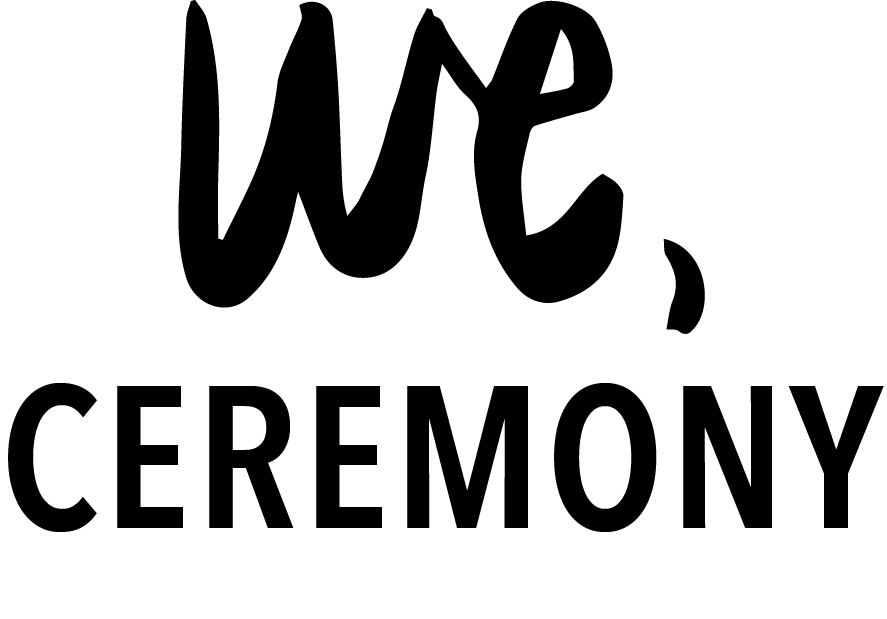Saadia Sumrall
Meet Saadia, Boston-based photographer whose work focuses on challenging societal norms of beauty, gender, and femininity and masculinity. Saadia opens up to us about what it was like growing up as a young person without much #representation of people who looked like her and how that affected the way she saw her blackness.
1. Tell us a little bit about yourself.
When asked about my race, I always check off the “African American” box but it sounds a bit colonialist to declare that. Both of my parents are black (my mom has some native American roots.) I do not know my full lineage, so I am black. Currently, I’m a nanny (may as well just say 2nd mom) and I’ve worked with children for about 10 years. Aside from that, I’m a Boston based photographer. One direction of my work focuses on challenging the societal norms of beauty, gender, masculinity/femininity etc.
2. Please share with us about a time when you tried to minimize the appearance of our nose, lips, or hair.
There have been many times where I tried to minimize the appearance of my blackness, but I’ll focus on the times when I was younger. You’re supposed to be learning about and building self-esteem in your childhood. Those are the prime ages where you’re learning about yourself and it’s a lot easier navigating through the world when you’re confident and you have the guidance of representation surrounding you. I never had that. I grew up in a town where I was one of very few black kids in my school during my childhood. It’s safe to say it was a bit of culture shock. I had moved from a city where there was diversity, to a small town where my blackness did not allow me to blend in so easily. I remember my mom would do my hair in single braids or I’d wear barrettes and other protective styles (shoutout to 90’s hairstyles) and I’d have everyone in my face asking about my hair, touching my hair without my permission (back then I was too young to understand how problematic that was), and they were just so fascinated with my hair in general. Meanwhile, they never knew that I was more fascinated with theirs. I was curious as to how their hair laid down so straight and silky with no chemicals, cremes or hot combs. I was fascinated with the length of their hair that swung in ponytails while mine.. kinky and curly and unable to do any of that. I just wanted to be white. I wanted to be white so badly and I had felt that way since age 6. I’d take my hair out the ponytails that my mom put in for me and try to wear my hair down, too. Eventually, it just led to me turning to chemicals and hot combs to straighten my hair so I could mold myself into this unrealistic standard of beauty. I would hide behind that because my nose and lips and skin were obvious things about my blackness that I could not change. I struggled with seeing little to no positive representation in the media or in my personal life for a long time. I had clung tightly to the desire to be white all throughout my teen years. With everything I tried to do to blend in, it did not work. I was still black.. and I hated it.
3. What are some ways in which you embrace your blackness now?
Embracing my blackness for me comes in many forms. First and foremost it’s saying, “I love myself” and “I love being black” with conviction and sincerity. I’ve realized how detrimental trying to live up to those standards really was for me. My self-esteem was barely existent when I was younger and I lived like that until adulthood. It’s finally being in a diverse community and seeing that representation in my adulthood that makes me love declaring my blackness even more. It took moving to the city and being around more black and brown people to see that we come in all shades, have all different hair types, and nose/lips shapes and sizes for me to finally seek solace in my skin. It really was a long journey to get to where I am today and but I’m definitely not finished. I’m still growing and unlearning but I’m just so blessed to say that I’m well beyond the self-loathing stage.
4. How do you practice radical self-love?
Practicing radical self-love is something that I have been trying to heavily prioritize lately. Self-love for me can be expressed with every day mantras, affirming my beauty and self-worth without seeking white people’s approval. It’s looking at myself in the mirror, seeing my features and finally feeling free of the burdens I thought my blackness caused me. To me, that is the most empowering feeling that I’d never once felt growing up. It’s also maintaining diverse spaces and choosing to be around people where standing out is held in a positive light. Loving myself took so much time and again, I am still learning and unlearning. Overall, I’m continuing to choose to reject those Eurocentric standards of beauty. I’m embracing my skin, loving my full lips. I’ve stopped putting in perms and I’ll eventually shave my head soon to start embracing the natural texture of my hair. I’ve just exhausted myself trying to be something I am not and will never be. I spent a lot of years not loving myself and trying to be more acceptable for white people. Right now, I feel like I’m going through this monumental rebirth, making a reintroduction and presenting myself as I am — fully and unapologetically.
